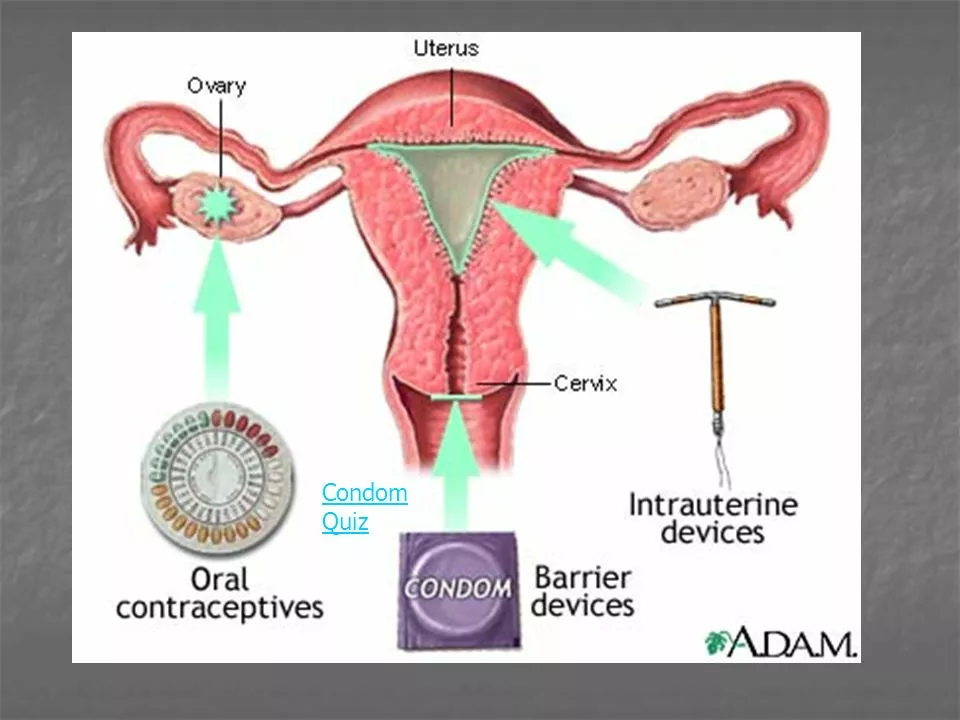Understanding the Link between Contraception and Body Weight
As a blogger, I've come across various concerns and questions regarding contraception and how it affects one's body weight. This article aims to shed light on this topic and help you have a better understanding of how different contraceptive methods might impact your weight. We'll be discussing the following aspects:
1. Hormonal Contraceptive Methods and Weight Gain
Hormonal contraceptive methods, such as birth control pills, patches, injections, and intrauterine devices, have been a subject of debate when it comes to their association with weight gain. While some studies claim that these methods lead to an increase in body weight, others suggest that there's no significant correlation between hormonal contraceptives and weight gain. However, it's essential to understand that each person's body reacts differently to these methods, and what may cause weight gain in one individual may not have the same effect on another.
It's also worth noting that hormonal contraceptives may cause temporary side effects like water retention and bloating, which can make you feel as if you've gained weight. In most cases, these side effects subside within a few months of using the contraceptive method.
2. Non-Hormonal Contraceptive Methods and Weight Management
Non-hormonal contraceptive methods, such as condoms, diaphragms, and copper intrauterine devices (IUDs), do not have any direct impact on body weight since they don't contain any hormones that could potentially affect your metabolism or appetite. However, it's essential to remember that no contraceptive method is 100% foolproof, and an unplanned pregnancy can significantly impact your weight gain.
It's always best to discuss your contraceptive options with your healthcare provider, considering factors like convenience, efficacy, and potential side effects to make an informed decision that suits your lifestyle and body.
3. The Role of Lifestyle Factors in Weight Gain
It's crucial to understand that various factors contribute to weight gain, and contraception is just one part of the bigger picture. Factors like diet, exercise, stress, sleep, and genetics play a significant role in determining your body weight. If you're concerned about weight gain while using contraceptives, it's essential to maintain a healthy lifestyle that includes a balanced diet, regular exercise, and stress management techniques.
Remember that many factors could contribute to weight gain; blaming contraception alone might not be the solution to your weight management concerns. Instead, focus on adopting a healthy lifestyle to ensure overall well-being.
4. The Importance of Tracking Your Weight and Health
Monitoring your weight and overall health is vital when using contraceptives or making any changes in your lifestyle. Regularly weighing yourself and keeping track of any changes in your body will help you identify any potential issues early on and address them with your healthcare provider's guidance.
It's also essential to pay attention to other health markers, such as blood pressure, cholesterol, and blood sugar levels, as these can also be affected by some contraceptive methods. By staying proactive about your health, you can ensure that you're making the best choices for your body and well-being.
5. Addressing Weight Gain Concerns with Your Healthcare Provider
If you're worried about potential weight gain related to your contraceptive method, it's crucial to discuss your concerns with your healthcare provider. They can help you understand any potential risks associated with the contraceptive method you're using and suggest alternatives if necessary.
Remember that each person is different, and what may work for someone else might not be the best option for you. Your healthcare provider can guide you in making an informed decision based on your medical history, lifestyle, and personal preferences.
6. The Bottom Line: Contraception and Weight Management
While there might be some correlation between hormonal contraceptives and weight gain, it's essential to understand that each person's body reacts differently to these methods. Maintaining a healthy lifestyle, monitoring your weight and health, and discussing any concerns with your healthcare provider are the keys to ensuring that you make the best choices for your body and well-being.
Remember that contraception is just one factor in the bigger picture of weight management, and focusing on overall health and lifestyle choices will help you maintain a healthy weight regardless of your contraceptive method.


Write a comment